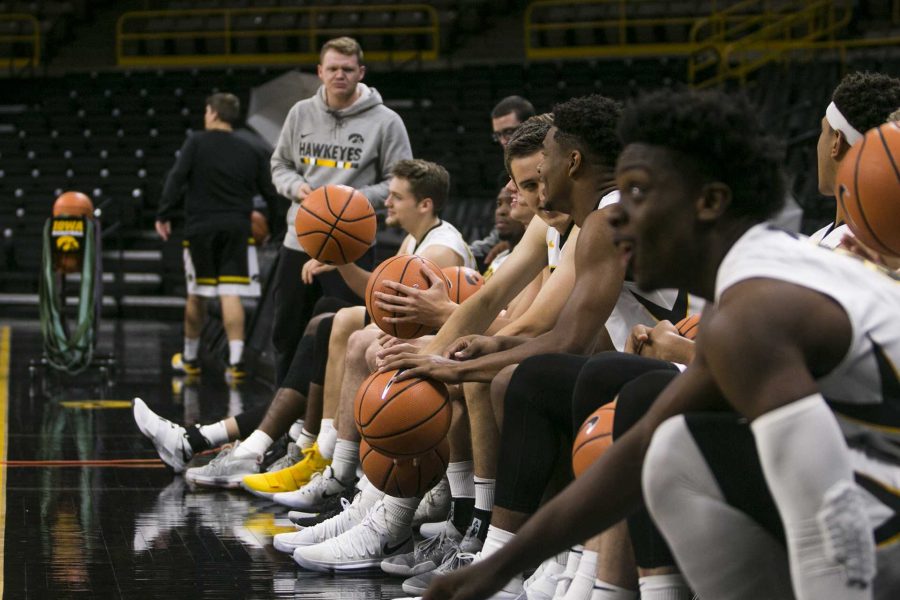By Sean Bock
[email protected]
On Oct. 13, after six years of investigation concerning academic fraud and the North Carolina men’s basketball program, the NCAA gave the former chair of African and Afro-American Studies a five-year show-cause penalty.
Many were shocked at the outcome, often asking: How does an athletics program get away with making up fake classes and giving players high grades for doing nothing?
The typical North Carolina hater, including all Duke fans and roughly 80 percent of college basketball fans, would say: The only reason the NCAA didn’t punish North Carolina is it brings in a lot of money and is a blue-blood program.
If you asked that question, I don’t blame you.
I was the same way when I heard how harsh the NCAA came down on North Carolina. But as I read more about the case, I’ve realized there’s nothing the NCAA can do in this situation.
Debby Crowder, who worked in the Afro-American Department at North Carolina during the 1970s, didn’t necessarily come from a wealthy background. She had a tough time when she was in school, so she wanted to help the students who needed a little extra boost in their GPAs.
Crowder invented the notion of “paper classes,” in which students wouldn’t have to show up to class, all they’d have to do is write a paper at the end of the semester that would account for their whole grade.
Now, these weren’t made-up classes; they were really easy courses that students could get a high grade in. As time went on, word began to spread, and the coaching staffs of various teams at the university made it a priority to get their student-athletes in these classes.
This went on for 18 years, and according to the Weinstein report, these classes kept a handful of players’ GPAs at the point at which they would be eligible.
I’m still only a freshman, but I’d be lying to you if I said I don’t blame these kids for taking these classes.
But, there’s a larger issue here.
There’s a fine line between a class being easy and a class being fake. The NCAA doesn’t say players have to take courses with a particular difficulty, but they must have certain GPAs to stay eligible in order to participate in their respective sports.
Although North Carolina got away hardly even a slap on the wrist, it still does not reflect the university in a good way.
You see, if I’m a parent of a student-athlete and actually want my son or daughter to value their education along with playing their sport, I don’t think North Carolina would be at the top of my list.
The purpose of college is to challenge yourself, find something you’re interested in, and, hopefully, have a career in a job related to your interest.
I understand the whole idea of student-athletes don’t have a lot of time to do their work, but in my few months here at Iowa, I’ve seen student-athletes in my classes make an effort to get to class and be attentive during those 50 minutes.
This column is not a knock on the students at North Carolina, because it’s the people who came up with these classes who should be getting all the blame.
As much as I’d love to take easy classes similar these, I’m old enough to understand that it would just be waste of my time and (parents’) money that could be used for other things.
In the end, North Carolina got away with something that’s not illegal but just makes it look even worse.



